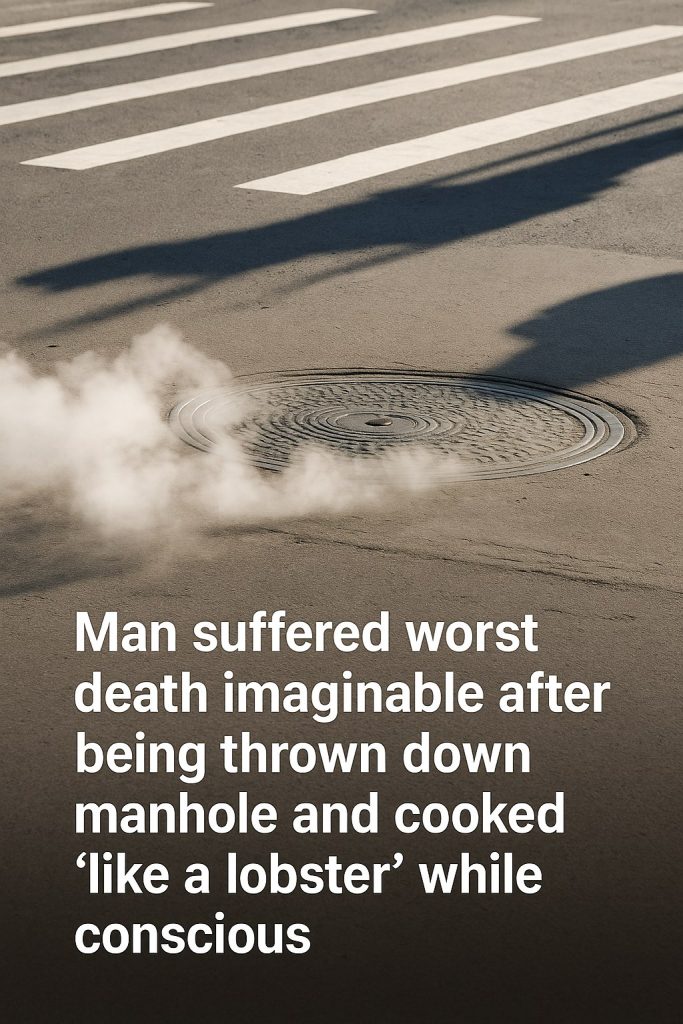Every profession carries its unique burdens, but few are as profound and haunting as those faced by medical examiners. Recently, a prominent medical examiner shared an emotional and candid account of the persistent nightmares that have haunted her since working on an especially traumatic case earlier this year.
“I still have nightmares over what I saw,” she revealed during a recent in-depth interview. The examiner, who has decades of experience and has worked on countless cases, described this particular assignment as one that left a lasting mark on her mental and emotional well-being.
While many are aware that medical examiners deal with death daily, few truly grasp the intense psychological toll the job can exact—especially when cases involve extreme trauma or disturbing circumstances. The examiner recounted that the images from the case have invaded her dreams and moments of quiet, underscoring the unseen human cost behind forensic investigations.
Experts in the field say that such emotional distress is not uncommon. Medical examiners and forensic pathologists are often thrust into confronting violence and tragedy up close, which can lead to what professionals term secondary traumatic stress or even post-traumatic stress disorder (PTSD).
“Repeated exposure to horrific scenes can deeply affect anyone,” the examiner noted. In her case, the nightmares have prompted her to seek professional support and adopt specific coping strategies to maintain her mental health. She emphasized the importance of recognizing and addressing the emotional aftermath of forensic work, which is sometimes overlooked.
Her story sheds light on the broader challenges faced by those in forensic medicine, especially as their work continues to be critical in criminal justice and public safety. The emotional resilience required is immense, yet it’s clear that even the most seasoned professionals are not immune to the psychological effects of their work.
This revelation has sparked conversation within the medical and forensic communities about better support systems for examiners and related personnel. Calls for increased access to counseling and mental health resources are growing louder to help mitigate the toll such cases can take.
For the public, the examiner’s admission is a poignant reminder of the humanity behind the headlines and autopsy reports. Every case she works on represents a story that deeply affects real people — including those tasked with uncovering the truth after tragedy.
Ultimately, her willingness to speak out about these nightmares not only humanizes a critical role in the justice system but also advocates for compassion and support for others like her who bravely face the darkest aspects of humanity.



